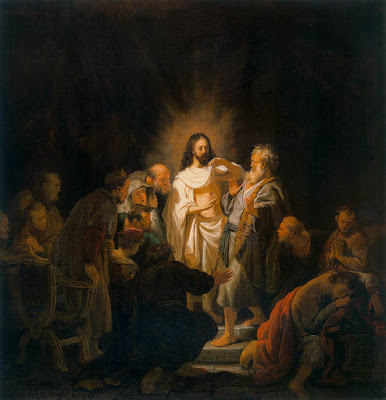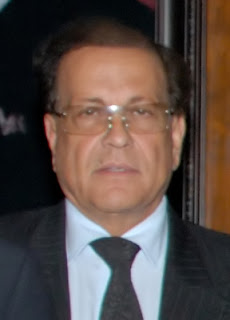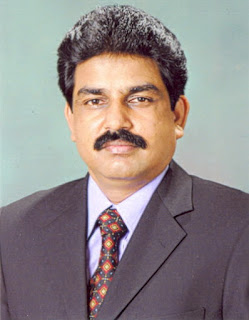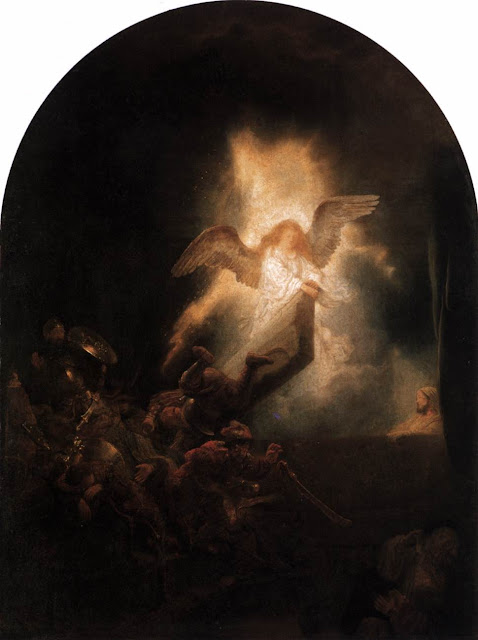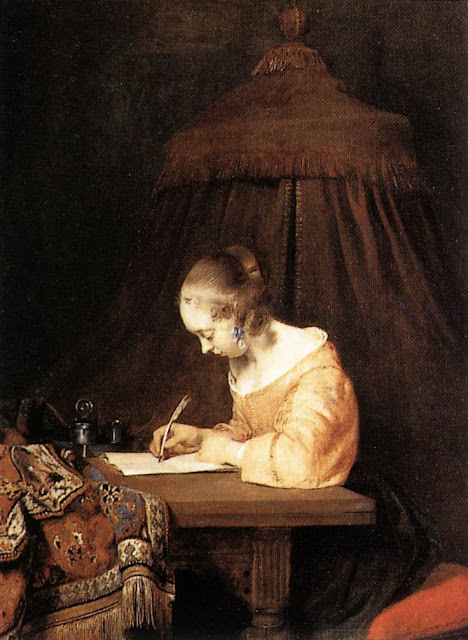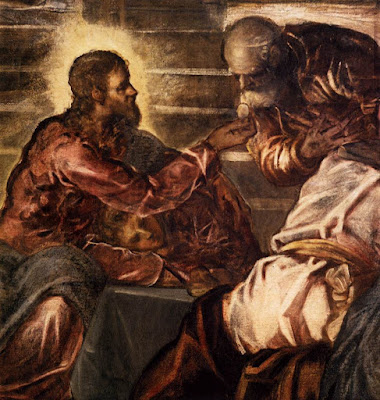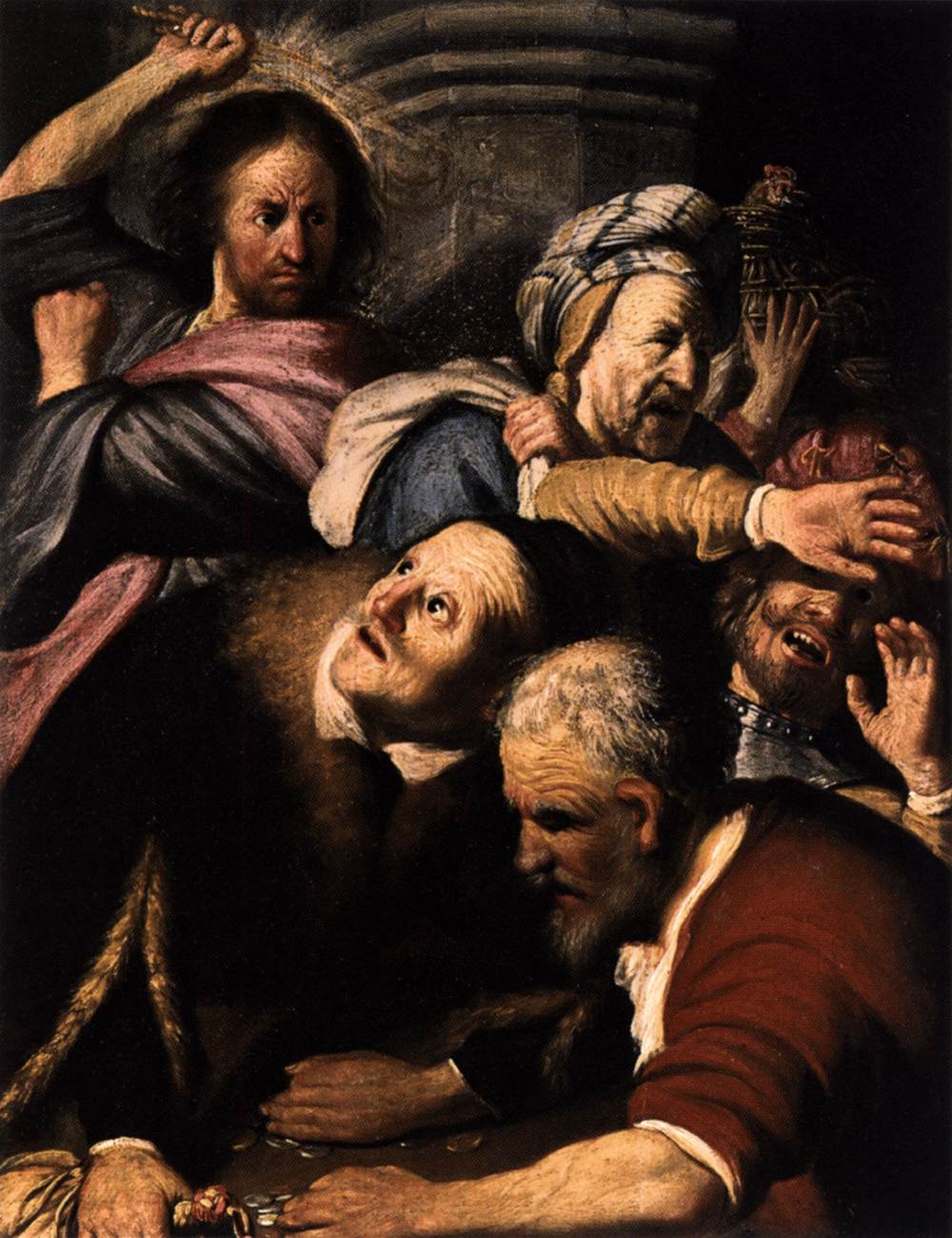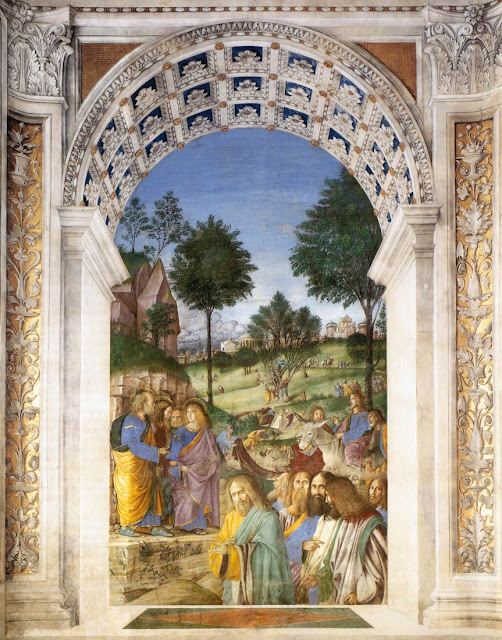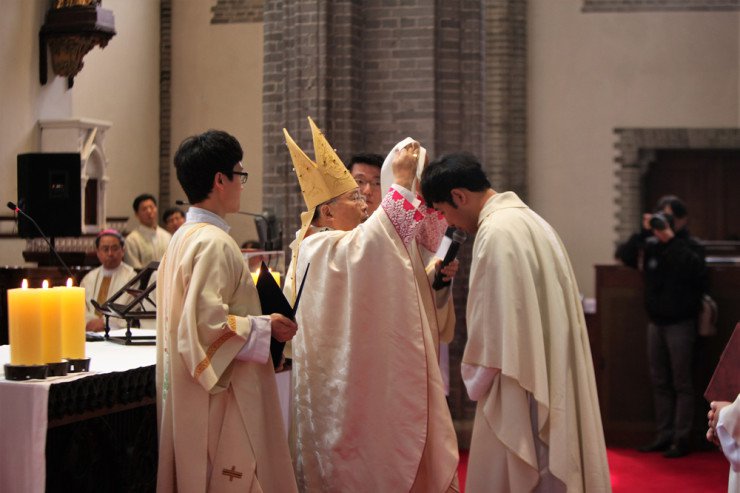‘If you forgive the sins of any, they are forgiven them.’ Sunday Reflections, Second Sunday of Easter (or of Divine Mercy)
The Incredulity of St Thomas, Rembrandt, 1634
Pushkin Museum, Moscow [Web Gallery of Art]
Readings (New American Bible: Philippines, USA)
Readings (Jerusalem Bible: Australia, England & Wales, India [optional], Ireland, New Zealand, Pakistan, Scotland, South Africa)
Gospel John 20:19 – 31 (New Revised Standard Version, Catholic Edition, Canada)
When it was evening on that day, the first day of the week, and the doors of the house where the disciples had met were locked for fear of the Jews, Jesus came and stood among them and said, “Peace be with you.” After he said this, he showed them his hands and his side. Then the disciples rejoiced when they saw the Lord. Jesus said to them again, “Peace be with you. As the Father has sent me, so I send you.” When he had said this, he breathed on them and said to them, “Receive the Holy Spirit. If you forgive the sins of any, they are forgiven them; if you retain the sins of any, they are retained.”
But Thomas (who was called the Twin), one of the twelve, was not with them when Jesus came. So the other disciples told him, “We have seen the Lord.” But he said to them, “Unless I see the mark of the nails in his hands, and put my finger in the mark of the nails and my hand in his side, I will not believe.”
A week later his disciples were again in the house, and Thomas was with them. Although the doors were shut, Jesus came and stood among them and said, “Peace be with you.” Then he said to Thomas, “Put your finger here and see my hands. Reach out your hand and put it in my side. Do not doubt but believe.” Thomas answered him, “My Lord and my God!” Jesus said to him, “Have you believed because you have seen me? Blessed are those who have not seen and yet have come to believe.”
Now Jesus did many other signs in the presence of his disciples, which are not written in this book. But these are written so that you may come to believe that Jesus is the Messiah, the Son of God, and that through believing you may have life in his name.
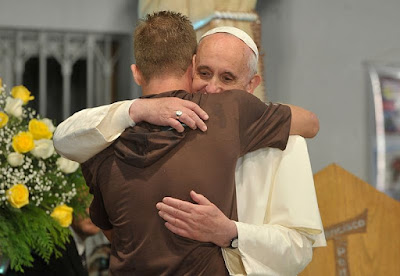
To embrace, to embrace – we all have to learn to embrace the one in need, as Saint Francis did. There are so many situations in Brazil, and throughout the world, that require attention, care and love, like the fight against chemical dependency. (PopeFrancis, St Francis of the Providence of God Hospital, Rio de Janeiro, Brazil, 24 July 2103). [Photo: Wikipedia]
On Holy Thursday 2013 Pope Francis ‘gatecrashed’ a lunch for seven priests hosted by Archbishop Angelo Becciu, Substitute for General Affairs of the Secretariat of State. Most of the priests work with the poor and under-privileged in the suburbs of Rome, according to Vatican Radio.
Monsignor Enrico Feroci, the Director of Caritas Rome and one of the guests quoted Pope Francis: Open the doors of the Church, and then the people will come in . . . if you keep the light on in the confessional and are available, then you will see what kind of line there is for confession. Msgr Feroci added that he (Pope Francis) was confident of the need of the people of God for priests to open the doors and allow the people to meet God.
St John Paul named the Second Sunday of Easter – still its primary name – as ‘Divine Mercy Sunday’. Pope Francis has spoken about God’s mercy a number of times since he was elected. [Emphases added below.]
In his very first homily as Pope, in St Anne’s church, the parish church of the Vatican, Pope Francis spoke about confession and God’s mercy: It is not easy to entrust oneself to God’s mercy, because it is an abyss beyond our comprehension. But we must! “Oh, Father, if you knew my life, you would not say that to me!” “Why, what have you done?” “Oh, I am a great sinner!” “All the better! Go to Jesus: he likes you to tell him these things!” He forgets, he has a very special capacity for forgetting. He forgets, he kisses you, he embraces you and he simply says to you: “Neither do I condemn you; go, and sin no more” (Jn 8:11). That is the only advice he gives you. After a month, if we are in the same situation … Let us go back to the Lord. The Lord never tires of forgiving: never! It is we who tire of asking his forgiveness. Let us ask for the grace not to tire of asking forgiveness, because he never tires of forgiving. Let us ask for this grace.
In his general audience on Wednesday of Holy Week 2013 Pope Francis spoke again about God’s mercy: God came out of himself to come among us, he pitched his tent among us to bring to us his mercy that saves and gives hope. The Pope said that Jesus brought God’s mercy and forgiveness; he healed, he comforted, he understood; he gave hope; he brought to all the presence of God who cares for every man and every woman, just as a good father and a good mother care for each one of their children.
God does not wait for us to go to him but it is he who moves towards us, without calculation, without quantification. That is what God is like. He always takes the first step, he comes towards us . . . There is such a great need to bring the living presence of Jesus, merciful and full of love!
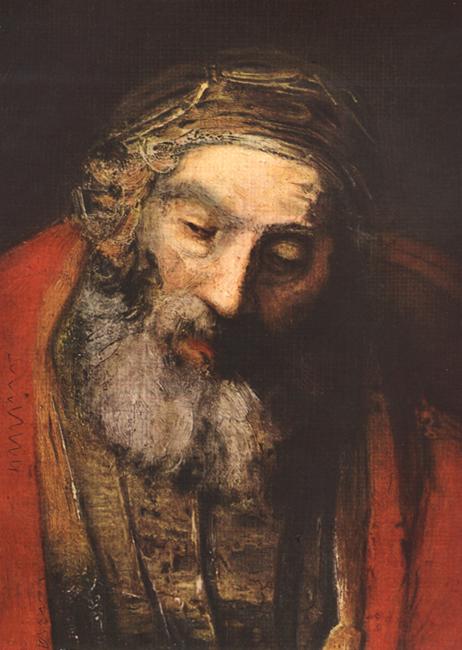
The Return of the Prodigal Son (detail), Rembrandt, c.1669
The Hermitage, St Petersburg, Russia [Web Gallery of Art]
During that same audience Pope Francis speaks of the father of the Prodigal Son: God always thinks with mercy: do not forget this. God always thinks mercifully. He is the merciful Father! God thinks like the father waiting for the son and goes to meet him, he spots him coming when he is still far off . . .
What does this mean? That he went every day to see if his son was coming home: this is our merciful Father. It indicates that he was waiting for him with longing on the terrace of his house.
Pope Francis emphasised the mercy of God again in his Urbi et Orbi message on Easter Sunday 2013: Most of all, I would like it to enter every heart, for it is there that God wants to sow this Good News: Jesus is risen, there is hope for you, you are no longer in the power of sin, of evil! Love has triumphed, mercy has been victorious! The mercy of God always triumphs!
The Holy Father returned to the theme of ‘that beautiful mercy of God’ next day at the Regina Coeli on Easter Monday: And with the grace of Baptism and of Eucharistic Communion I can become an instrument of God’s mercy, of that beautiful mercy of God.
It would seem that the mercy of God is a central theme of Pope Francis, echoing what Jesus says to the Apostles in today’s gospel: If you forgive the sins of any, they are forgiven.
Our loving Father shows his mercy to us as sinners above all in the Sacrament of Reconciliation/Penance/Confession. Here Cardinal) Luis Antonio G. Tagle, Archbishop of Manila, answers some questions about this sacrament.
The setting is by James MacMillan, a contemporary Scottish composer.
Antiphona ad communionem
Communion antiphon Cf. John 20:27
Mitte manum tuam, et cognoxce loca clavorum,
Bring your hand and feel the place of the nails,
et noli esse incredulus, sed fidelis, alleluia.
and do not be unbelieving, alleluia.

